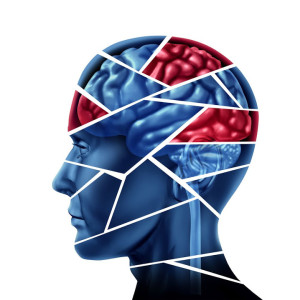 Traumatic brain injuries (TBIs) are among the most misunderstood types of injuries in the personal injury world. Movies, television, and outdated medical myths have conditioned people to believe that a brain injury must involve a dramatic knock-out event—someone struck by a vehicle, flying through the air, and waking up in a hospital bed with no memory of what happened.
Traumatic brain injuries (TBIs) are among the most misunderstood types of injuries in the personal injury world. Movies, television, and outdated medical myths have conditioned people to believe that a brain injury must involve a dramatic knock-out event—someone struck by a vehicle, flying through the air, and waking up in a hospital bed with no memory of what happened.
But in reality, the majority of TBIs occur without any loss of consciousness. A person may walk, talk, and even continue with their day, completely unaware that their brain has suffered trauma. This misunderstanding unfortunately leads insurance companies, defense experts, and sometimes even medical providers to downplay legitimate brain injuries because the victim “never blacked out.”
If you represent injury victims—or if you are an injured person seeking answers—it is crucial to understand that loss of consciousness is not a medical requirement, nor a legal requirement, to prove a traumatic brain injury. Modern neuroscience, clinical evaluation standards, and decades of research all confirm this.
 California Accident Attorneys Blog
California Accident Attorneys Blog


 What are coup and contrecoup brain injuries? Head injuries can be some of the most devastating types of injuries that people might suffer in California. Traumatic events that injure the head may cause coup and contrecoup brain injuries. These types of injuries may cause lifelong disability or lead to death. If you or your loved one has suffered a coup or contrecoup brain injury because of the negligent or wrongful acts of other people or entities, you might want to seek help from an experienced brain injury lawyer in Los Angeles.
What are coup and contrecoup brain injuries? Head injuries can be some of the most devastating types of injuries that people might suffer in California. Traumatic events that injure the head may cause coup and contrecoup brain injuries. These types of injuries may cause lifelong disability or lead to death. If you or your loved one has suffered a coup or contrecoup brain injury because of the negligent or wrongful acts of other people or entities, you might want to seek help from an experienced brain injury lawyer in Los Angeles.